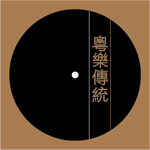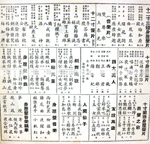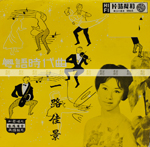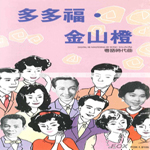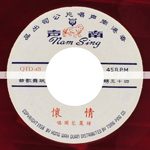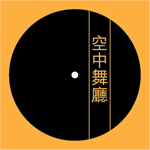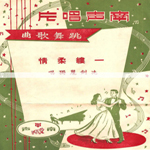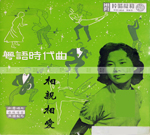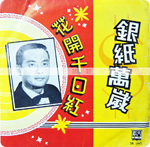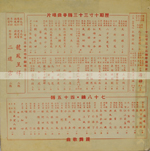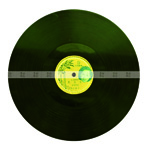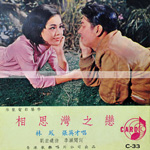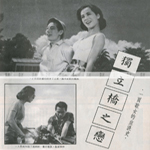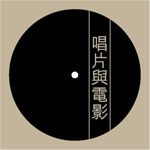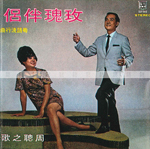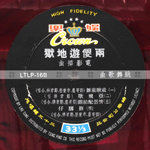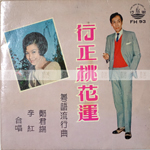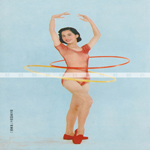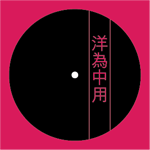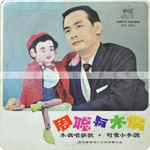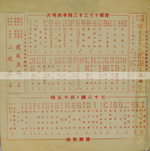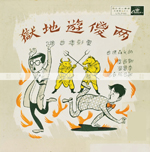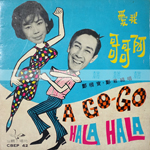In the time when Wong Jum-sum grew up, Cantonese pop music was but one of many kinds of music broadcast on radio. In a society where over 80% of the population spoke Cantonese, that came as a major surprise. Wong has a simple explanation for this. Cantonese pop grew out of traditional Cantonese music, but it could not build on the popularity of the latter in the face of severe competition. Compared to Western or Mandarin pop, it lagged behind in the areas of composition, lyrics, singing, accompaniment, recording, distribution, and marketing. Its competitors had a head start in talents, organization, and technology that took Cantonese pop more than a decade to come close.
Not everyone agrees with Wong’s diagnosis. Other scholars argue Canto pop, even in such early days, had a unique vibrancy that came from a healthy disregard of the boundaries among different traditions and genres, be they local or foreign. Early Canto pop laid a solid foundation for modern Canto pop, which went on to dominate not only Hong Kong but most Chinese communities around the world.
The story of Cantonese pop awaits careful re-writing.
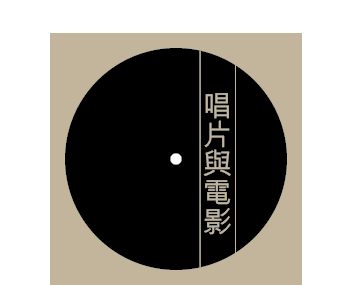
The record companies producing Canto pop music were, in comparison with those in Mando and Western pop, relatively modest in scale. However together with the prolific industry for Cantonese films, they extended the reach of Canto pop music, and gave the latter a notable presence in radio broadcast.
Towards the latter half of the 1950s, ‘youth’ became a tangible, lived experience for the post-war baby boomers. Films helped to project the imaginations of youth, and perceptibly shifted popular focus to Western culture. In 1959, Wong Jum-sum made his first appearance in Hong Kong film (albeit in a unnoticeable cameo), stepping right into this fermenting furore about youth, popular sound, and common imagination.

